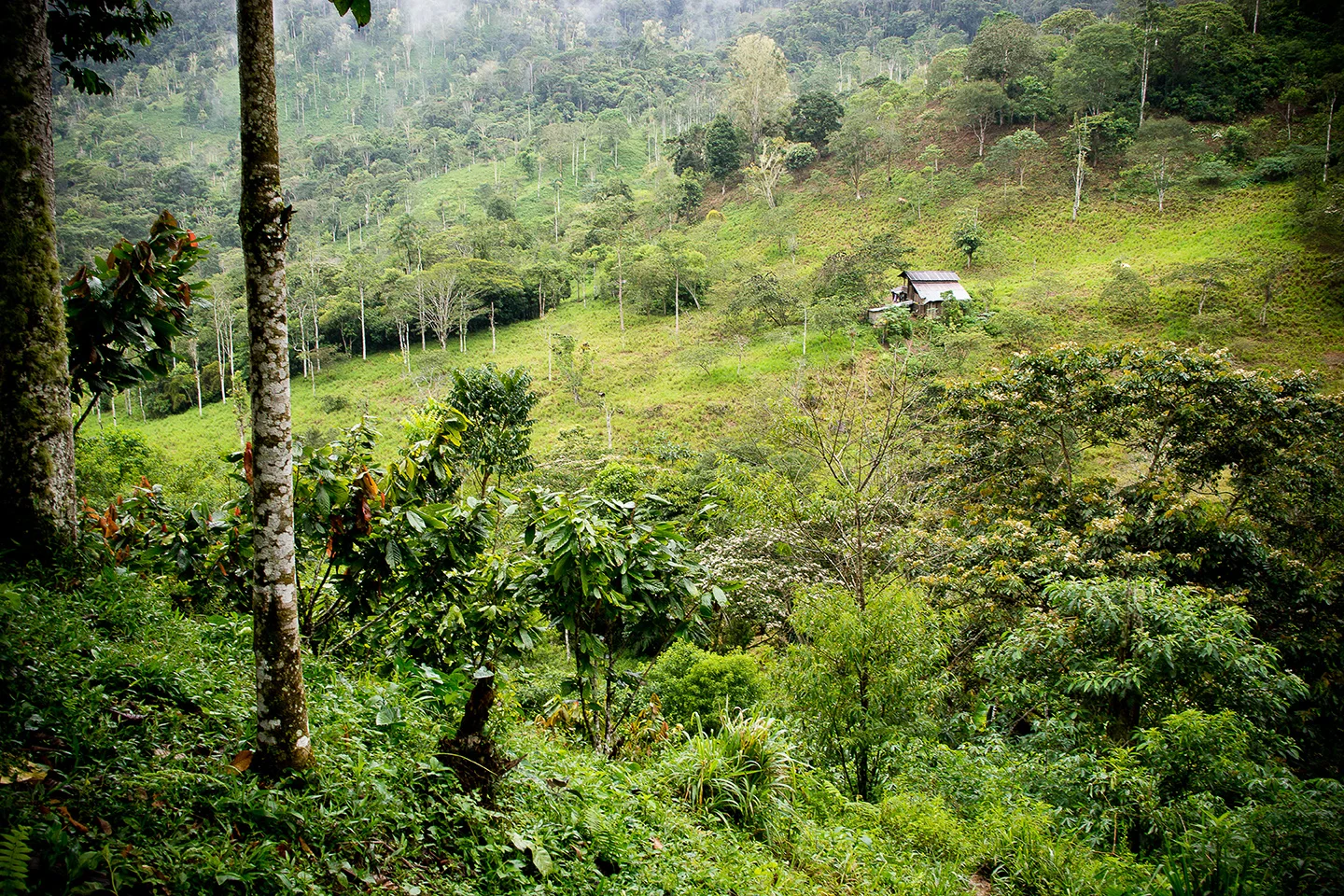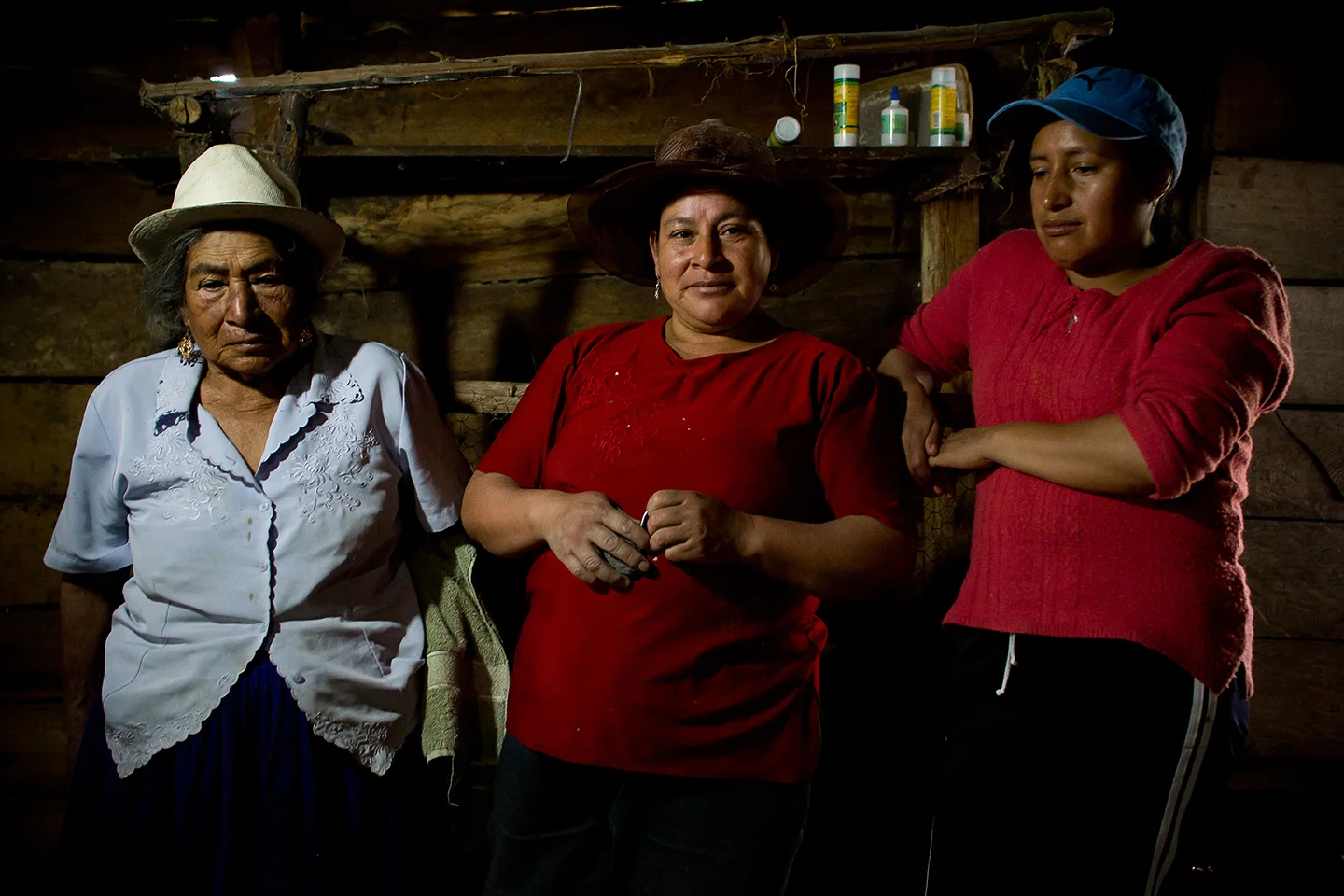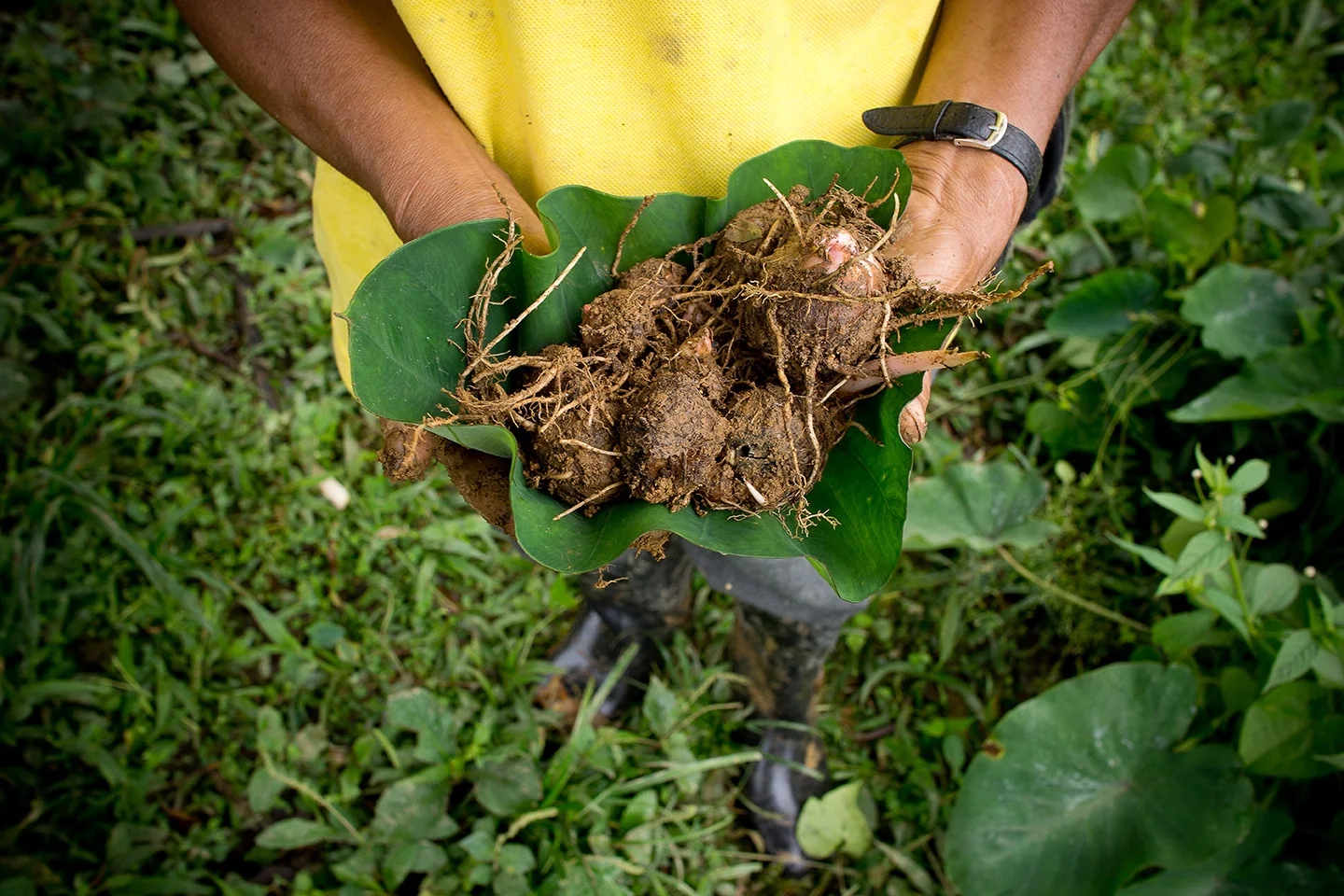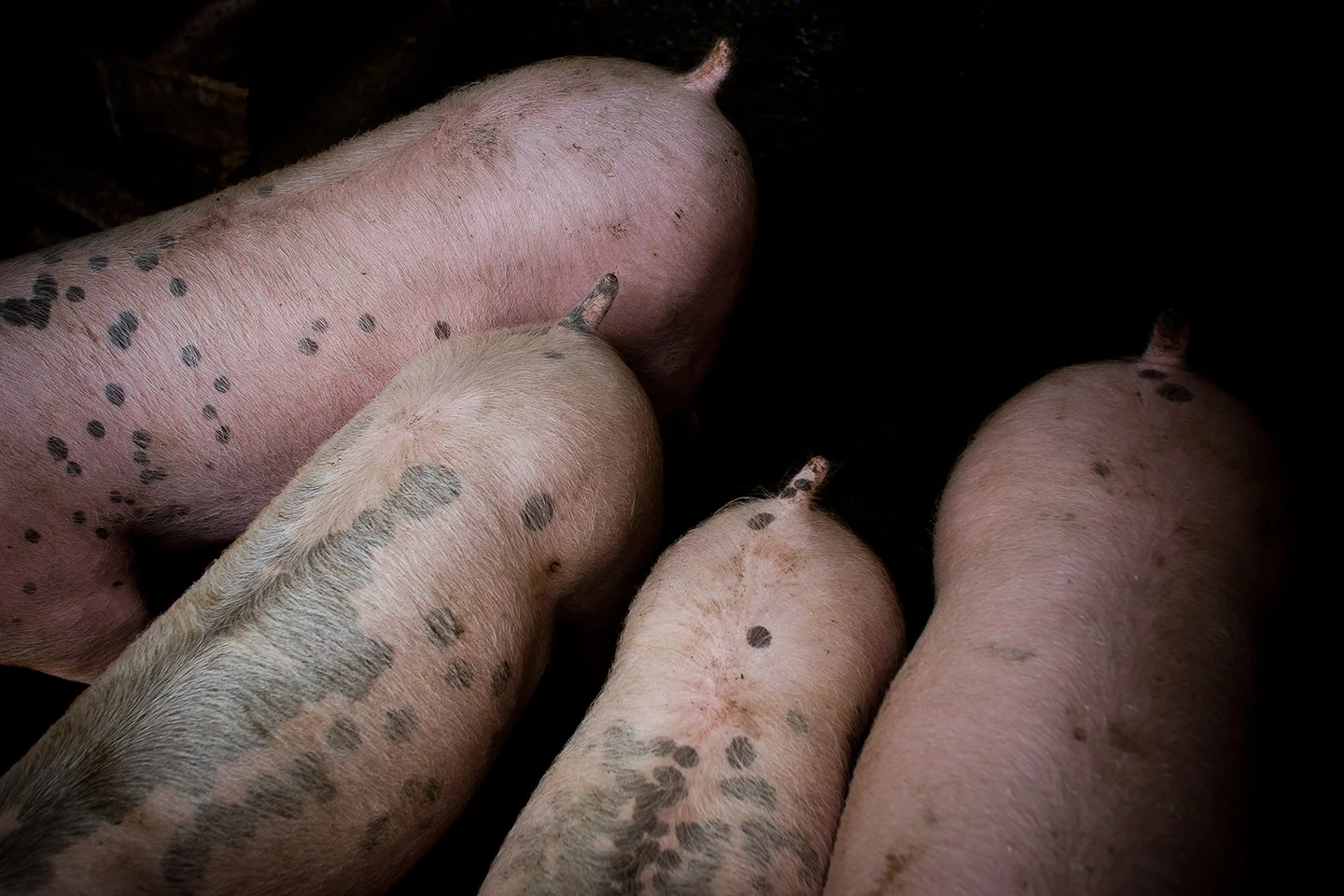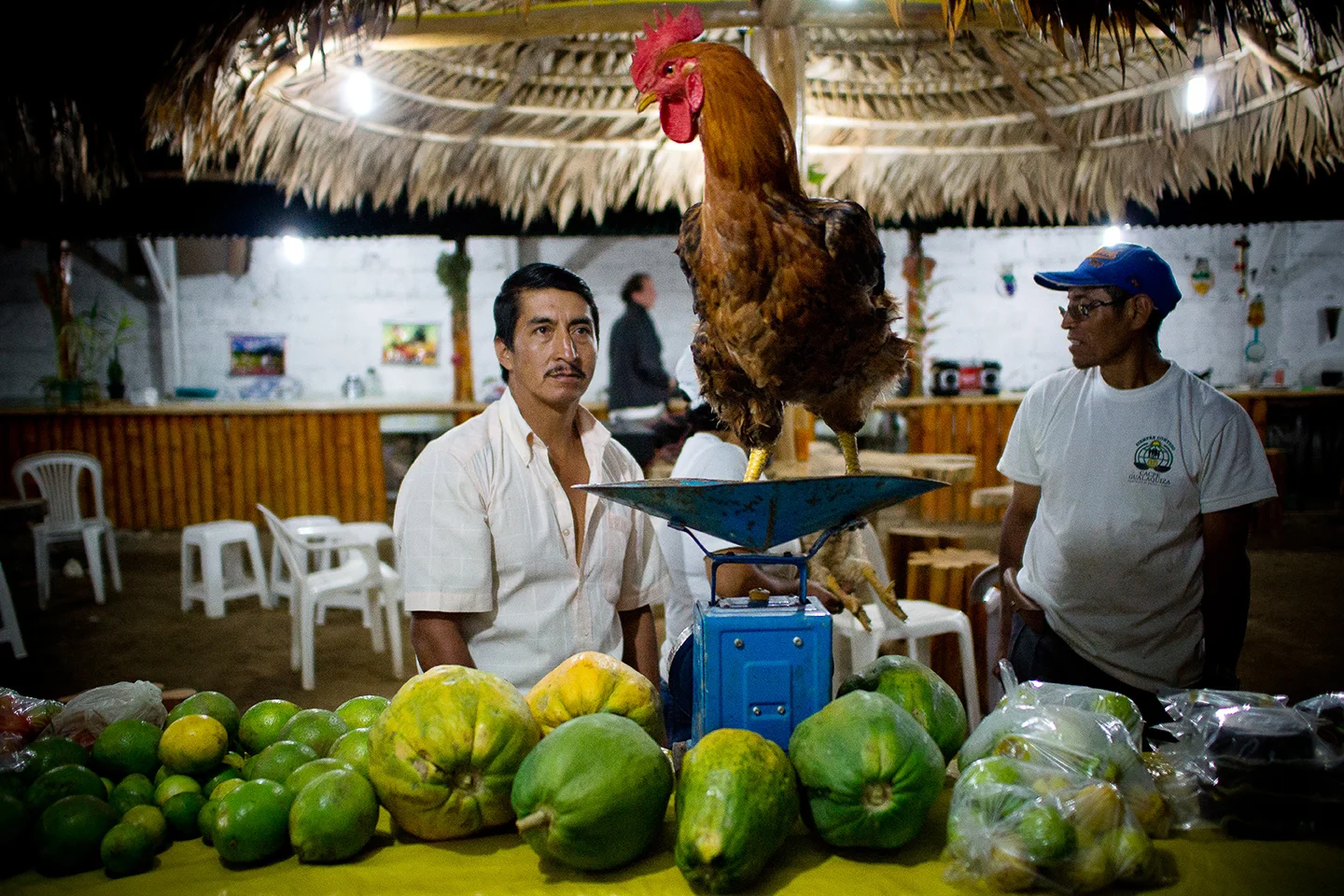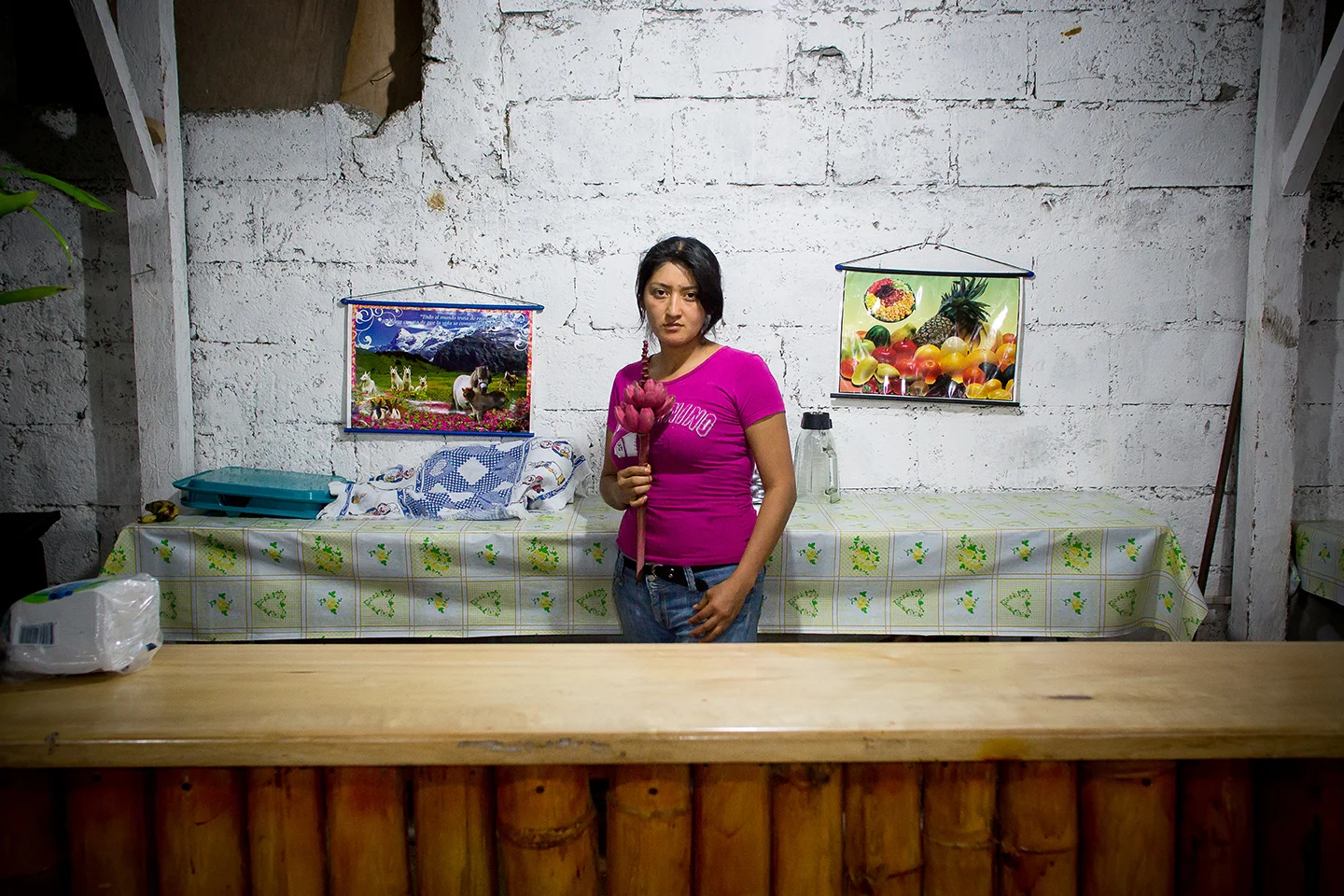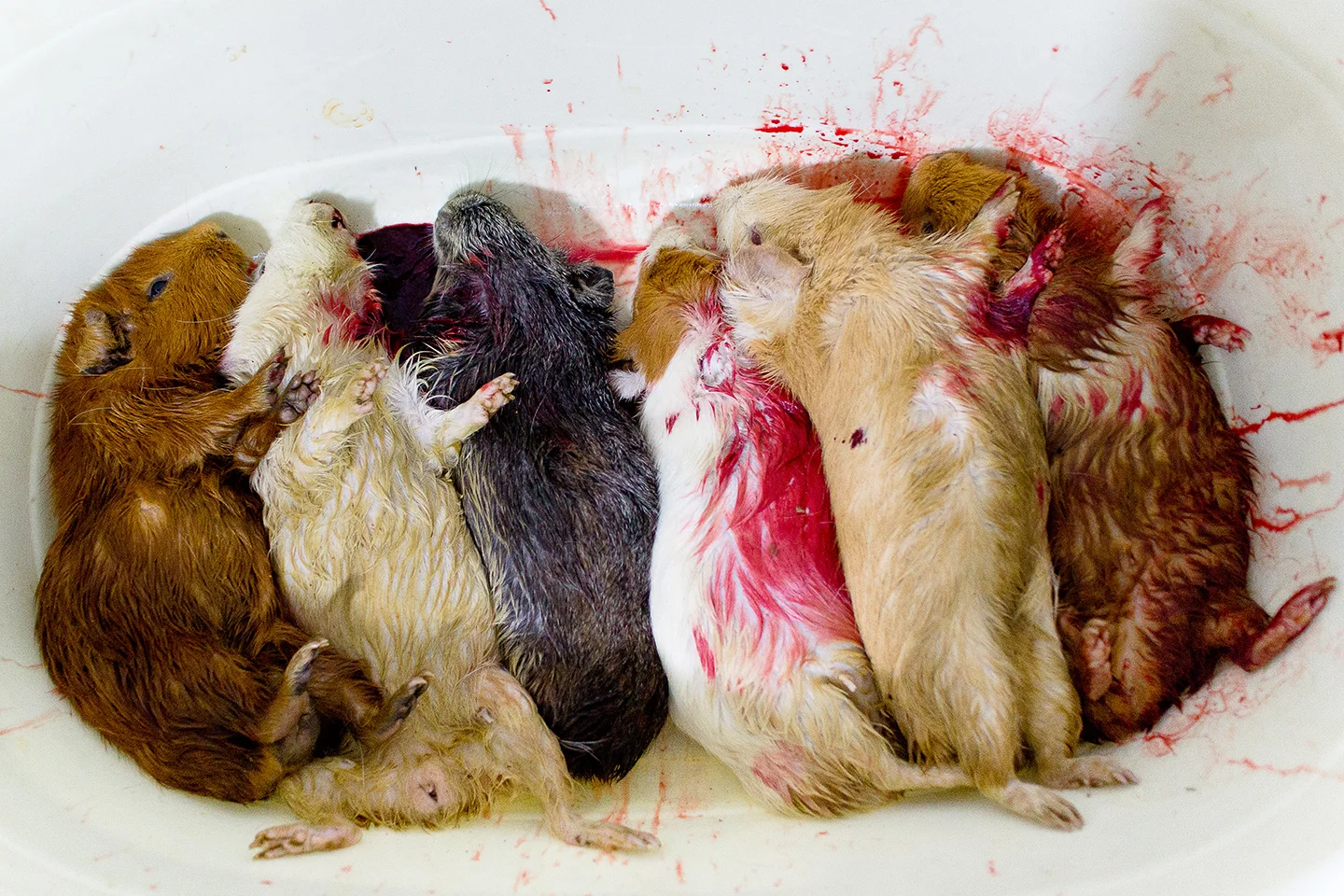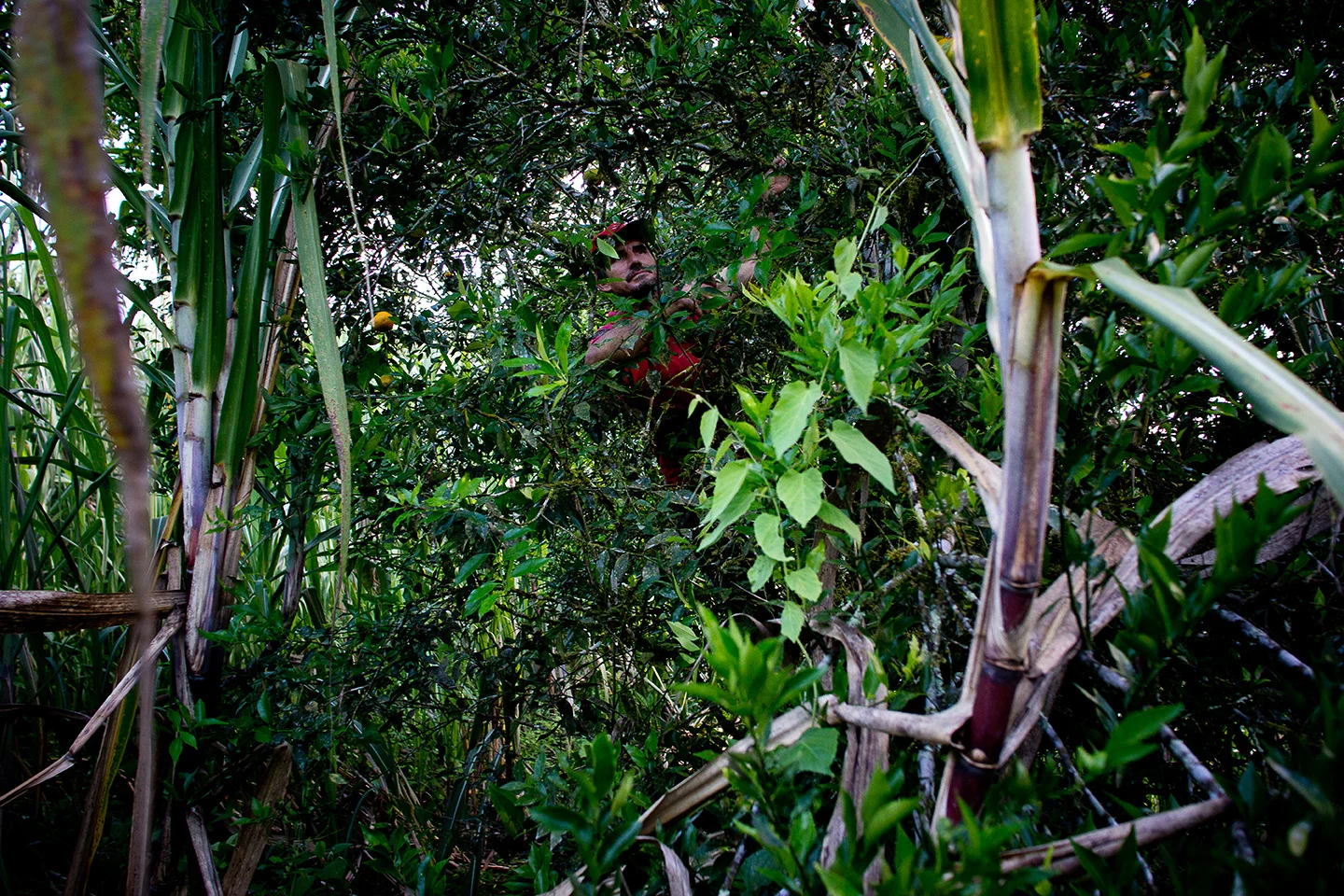The term agroecology has been around since the beginning of the 20th century. This term describes a mixed way of farming where organic, integrated, conventional and extensive farming come together. This reduces the ecological impact on nature, provides healthier products, does not destroy the land and provides a more or less stable income for farmers.
In Ecuador there are several agroecological projects going on. The most important ones are in the south-east of the country, where several farms, associations and markets are located. Polyculture, compost, natural enemies, water and soil quality and "minga" (Kichwua word that means the coming together for the betterment of all) - are some terms used in the agroecological practice. This projects are held by small farmers with technical support from NGOs like Agronomes et vétérinaires sans frontières (AVSF).
In spite of it's well acceptance in the market, agroecological practice is still not well spread. Local authorities are not really interested in it and the majority of traditional farmers ignore the details of this method and believe production costs will be much higher and consumers won't understand what is that all about.
This is the slow birth of another kind of farming in Ecuador and this series of photographs documents it.
